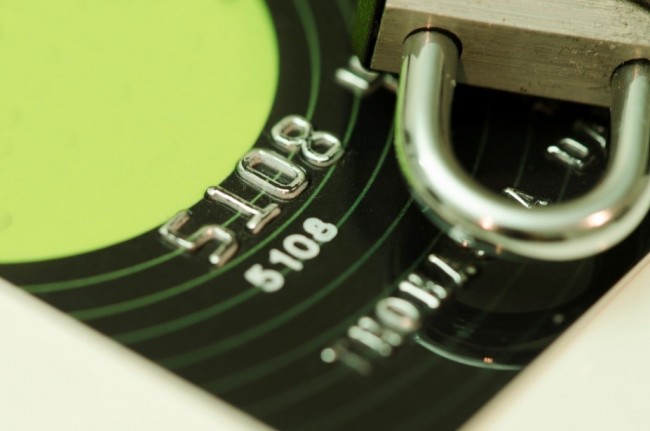When you visit a website, do you ask yourself whether it would be safe to buy something from it? How many times have you been deterred from buying something on an ecommerce website, not because of the product or service involved, but the apparent security of the website itself? Perhaps it was in the news as the victim of a cyberattack or a comments section on the site’s blog was riddled with links to malware. Perhaps the site simply looks unsafe.
These questions are meant to help you shift into the head of the consumer who might visit your website. You have a responsibility to keep your customers safe at all times. Their personal and financial information is at risk, and digital security is a topic of growing importance as the Internet grows more sophisticated. Customers need to trust you, or you won’t have a website business much longer.
When thinking about safeguarding information and instilling a feeling of trust in your customers, you should consider your internal security measures, the design and maintenance of your website, and how you keep your digital products secure. Solid attention to these areas is the bedrock of a trustworthy site.
Basic Computer and Internet Security Measures
To protect your ecommerce business, you need to protect every bit of technology related to it. That includes all business related computers, whether they are in your office or at home. If any accounts or computers are compromised, then cybercriminals could access sensitive business and customer data using login info for your website, email or online storage service. You need to protect yourself at a basic level.
While you likely do many of these things already, you need to review the following:
- Make sure that all passwords have more than ten characters of different types. They should not be guessable, and they should not have any words found in the dictionary.
- Manually review your computer’s programs and files every couple of weeks. Many types of malware don’t show up when you scan your computer with a security suite (which is a vital tool you need to have). Look for anything out of place or out of the ordinary.
- Use a Virtual Private Network (VPN) on your devices when you leave the home or office. A VPN is a service that connects your computer to an offsite secure server via an encrypted connection. It can be used to protect yourself on unprotected public networks where cybercriminals can intercept anything you send over the network. If you don’t want it to be seen, it can probably get intercepted. To select a VPN for protection while administering your ecommerce site, consult expert websites such as Secure Thoughts and Computer World.
Strong Website Design
Customers trust well designed websites. If you want customers to trust your ecommerce site, then your website must look and act trustworthy. This comes down to the design of the website and your active maintenance of it.
Website design is a complex business, taking into account many factors. You shouldn’t have anything that annoys customers (popups or suspicious flashing boxes), questionable ads or potential security holes. You need to be straightforward with your customers. People can fool many customers on the Internet, but only one clever soul is needed to find the truth. Everything should be easy to find, and you should double check often that there are no potential breaches in the features installed on your site. New hacking and defense methods are discovered every day, so this is a constant battle.
Customers don’t want to worry about having their identity stolen before buying your product. They want to see a website that is well cared for. This means that you shouldn’t have any loose ends on your website. That page that was last updated three years ago is costing you customers. Make sure that any comments or forums on your site are well maintained and moderated. You can accept criticism on your site, but spam is unacceptable and potentially dangerous. Make sure that you are updating your website often so that everyone knows you are paying attention and keeping watch.
Digital Products and Security
If you are an ecommerce website that deals mostly in digital goods, your security needs are even greater. Not only could a threat potentially lead to the theft of your customers’ data (which quickly leads to a loss of trust), but it could lead to a loss of the master programs or files relating to your business. You need to protect these files as you would the queen’s jewels. Actually, your files need to be protected more than the queen’s jewels, as information, unlike physical goods, doesn’t need to go through customs to leave the country in the event of theft.
Anything you are working on right now shouldn’t be kept online. Instead keep it on a flash drive not accessible from the Internet. You owe it to customers who support you with their hard-earned money to make sure that your product won’t be passed out and shared online without your permission. Make sure you treat your research data carefully, and the same goes for anything related to your business. This information is truly the lifeblood of your ecommerce website.

Keystone
In order to secure your customers’ trust, you need to make sure you have a strong digital security plan that covers all bases. If you have a strong design, a strong infrastructure and training model, and an emphasis on protecting your digital information, you will be able to safely keep your customers out of harm’s way.
Caroline Black is a creator of awesome content for Secure Thoughts.
